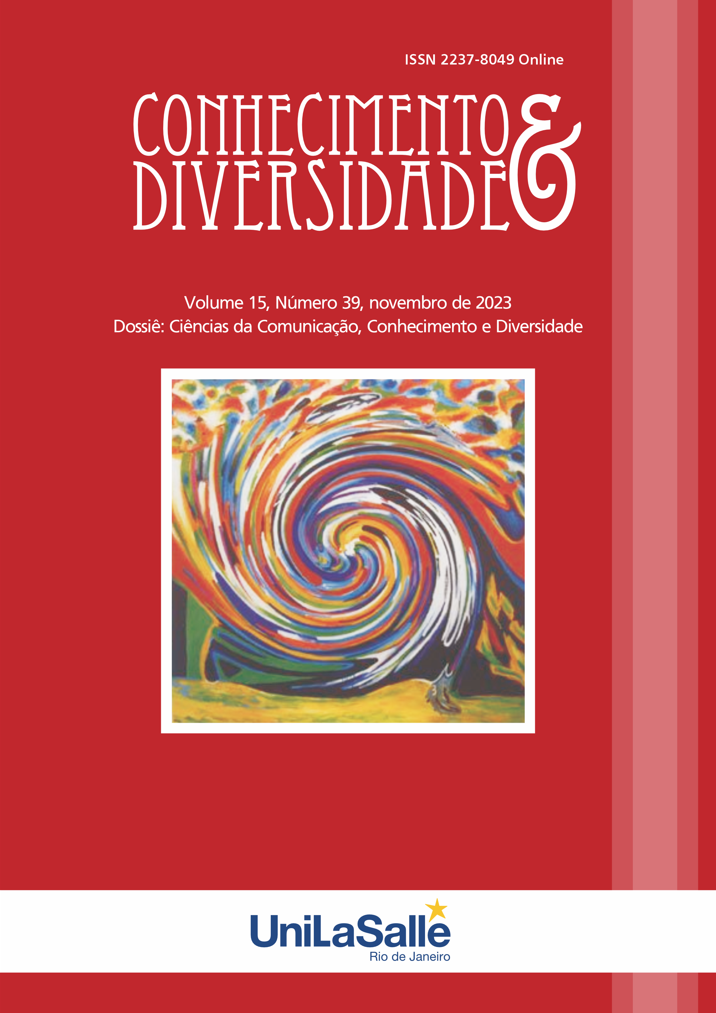THE DIGITAL TRANSFORMATION OF PUBLIC ADMINISTRATION
MOVING TOWARDS A DIGITAL REVOLUTION AT THE SERVICE OF ALL USERS
DOI:
https://doi.org/10.18316/rcd.v15i39.11131Keywords:
Digital transformation, Online public services, E-government, Good governance, Government open dataAbstract
The digital transformation of public administration aims to modernize public services by integrating digital technologies. This includes digital administration, which uses digital tools and platforms to facilitate interaction between citizens and the government. The goal is to simplify administrative procedures, expedite processing times, and reduce administrative burdens. The maturity of online services represents the level of development and adoption of digital services by the government, with advanced features such as personalized services and secure online transactions. This article seeks to assess the effectiveness and suitability of digital services provided by the Moroccan public administration in meeting citizens' expectations. The adoption of digital technologies in governance aims to create a more citizen-centered approach, offering efficient and responsive services. The integration of digital tools has also led to e-government initiatives, promoting good governance practices and ensuring transparency in administrative processes. The Moroccan public administration has made significant progress in implementing digital solutions to enhance the delivery of public services. Online public services have gained importance, providing citizens with the benefits of convenience and time savings. Personalization is one of the highlights of the digital administration era. Tailoring public services to the unique needs of citizens promotes inclusivity and responsiveness. Digital transformation has equipped Moroccan public administrations with the necessary tools to offer personalized services, thereby enhancing the overall citizen experience. The adoption of digital technologies promotes citizen engagement, encourages good governance practices, and fosters transparency. To fully harness the potential of digital technologies, ongoing efforts are required to address challenges and ensure that no citizen is left behind in this era of digital progress.
References
Akhannich, & al-2022: « Essai d’évaluation de la satisfaction des usagers des e-services de l’administration fiscale marocaine pendant la pandémie de Covid-19 », International Journal of Accounting, Finance, Auditing, Management and Economics.
Berger Roland -2017: « la transformation digitale dans le secteur public: Faire converger l’intérêt des citoyens et des agents ».
Dada D- 2006: «The failure of e-government in developing countries; literature Review the Electronic journal of ISDC, 26, pp.1-10».
El Attar A, & Mazouz Y-2020: « De l’E-gouvernement au gouvernement agile - Expérience du Maroc ».
Escande, Vilbois & al- 2016: « la transition numérique de l’administration territoriale de l’Etat ».
Evaluation des services en ligne, la cour des comptes (2019-2020).
Freeman, C & F Louca – 2001: «As time goes by, from the industrial revolution to the information revolution».
https://data.gov.ma/fr/propos. Agence de Développement du Digital, (2023). https:// e-services operationnels/e-gov Maroc/
Jedrzej G- 2019: « The belt and road initiative, advanced introduction to platform Economic ».
José Allouche & Romain Zerbib -2020: « la transformation digitale et l’integration des technologies digitales, enjeux et perspectives ».
Jim Highsmith, Cohburn-2008: « What is agile software development? »The journal of defense software engineering, 15(10), 4-9.
La transformation numérique de l’Etat-2022: Dossier « Vie publique » élaboré en juillet 2019 et structuré en deux grandes parties: « E-administration: du PAGSI au programme Action publique 2022 » et « E-administration: quelle politique pour les exclus du numérique.
Laetitia, Roux- 2010: « Valeurs de service public et administration électronique un mélange explosif ».
La loi 55.19 relatives à la simplication des procédures et formalités administratives marocaine.
Les stratégies de la reformes, Ministère de la transition numérique et de la réforme de l’administration, Strategie Maroc Digital 2020, Le Plan Numeric Maroc 2013.
Ollivier, Vacchino-2013: « Vers l’e-gouvernement pour une nouvelle administration numérique ».
Patrick varenne (2023): « la transformation digitale des entreprises, effectuation et Business model digital dynamique (BMD2) ».
Pena, Lopez-2014: « E-Gouvernement Survey 2014, E-gouvernement for the future we want ».
Downloads
Published
Issue
Section
License
Copyright (c) 2023 Fadwa Chatit, Hamiche Mohamed

This work is licensed under a Creative Commons Attribution 4.0 International License.
As recommended by the Public Knowledge Project, RCD adopts for its articles a CREATIVE COMMONS Attribution CC BY 4.0 license.
This license allows others to distribute, remix, adapt and build upon your work, even commercially, as long as they credit you for the original creation.
This is the most appropriate license offered.
Recommended for maximum dissemination and use of licensed materials.



